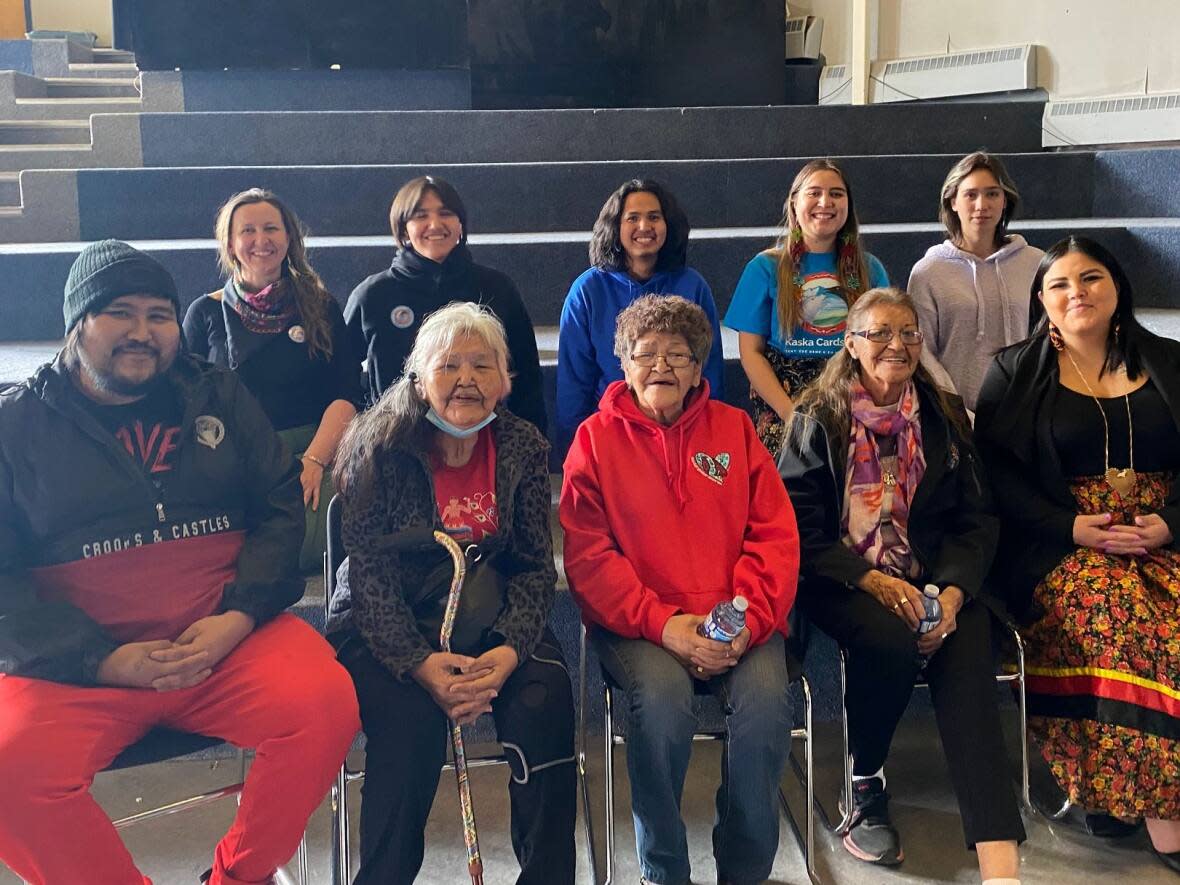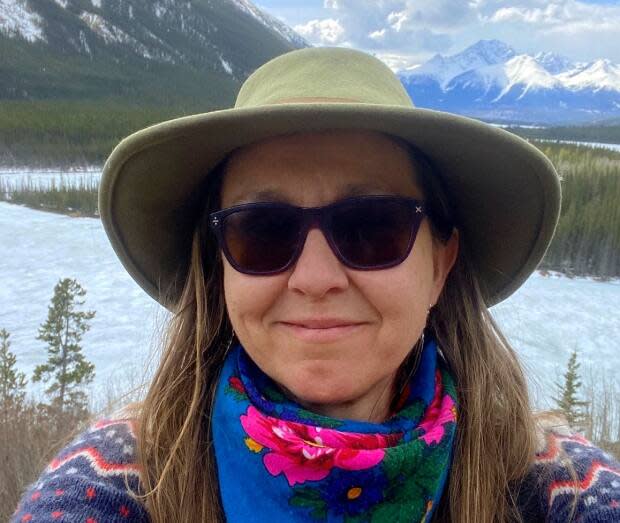Yukon First Nation launches app to make its language more accessible

A new app to make an Indigenous language more accessible and easier to learn was launched last week in Watson Lake, Yukon.
The Kaska Cards app, developed by the Liard First Nation, contains hundreds of Kaska words and phrases.
"[We're] definitely hoping that it gets maybe more people interested in the language," said Martina Volfova, director of Liard First Nation's language department.
The department won an award from Canada's premiers in 2020 for its decades of work in promoting and preserving the Kaska language.
Volfova estimates there are about 25 people in the Watson Lake area that speak Kaska fluently and another 30 in Ross River, Yukon.

She added there are also many "silent speakers," Liard First Nation citizens who are limited in their ability to speak it but have a high degree of understanding.
"They're usually people who went to residential school and experienced trauma for speaking their language," she explained. "There's probably a high number of people like that," she said.
There are five Kaska First Nations in Canada, two in Yukon and three in British Columbia. According to the 2016 Canada census, 1,440 people reported having Kaska ancestry.
Audio flashcards
Volfova said the idea of developing the app started years ago.
"We were just sort of thinking about what is needed for learners, what might be missing, [what] kind of tools could be added," she said.
She explained that a lot of people mentioned they use paper flashcards for studying languages.
That's when staff in the language department got the idea of creating audio flashcards people could use on their electronic devices "so they could practice [with] the flashcards and actually hear the sounds and practice the sounds," said Volfova.
She said the app, which is available through the App Store and Google Play, contains about 700 words and common phrases arranged in over 40 different topics, such as morning routine and medicinal plants.

Staff at the language department can easily add new cards, recorded with elders, to the app, which is a feature that was important for Volfova.
"That's one of the things that we really wanted to make sure, that [the app] can be added from the community so you don't have to go through some sort of a developer or somebody who would be looking after it somewhere else," explained Volfova.
Users can also generate their own content, including decks, she added.
The community celebrated the launch of the app last Thursday in the auditorium of the Watson Lake Secondary School by giving a demonstration of the app followed by a lunch, hand games and storytelling.


